Dive into a collection of articles that amplify neurodivergent voices, support a more thorough understanding of neurodiversity, and challenge common misconceptions.
Month
- February 2026
- January 2026
- December 2025
- November 2025
- October 2025
- September 2025
- August 2025
- July 2025
- June 2025
- May 2025
- April 2025
- March 2025
- February 2025
- January 2025
- December 2024
- November 2024
- October 2024
- September 2024
- August 2024
- July 2024
- June 2024
- May 2024
- April 2024
- March 2024
- February 2024
- January 2024
- December 2023
- November 2023
- October 2023
- September 2023
- August 2023
- July 2023
- June 2023
- May 2023
- April 2023
- March 2023
- February 2023
- January 2023
- December 2022
Author
- Abs S. Ashley
- Adam Fare
- Aimee Fletcher
- Aisling Sheehy
- Andreia Costa
- Ann Memmott
- Antonia Aluko
- Bethan Warner
- Beverley Samways
- Brendan Maguire
- Callum Stephen Howes
- Cassandra Lovelock
- Charli Clement
- Chloe Webster-Harris
- Claire
- Cos Michael
- Darren O'Reilly
- Dr Catherine Crompton
- Dr Virginia Carter Leno
- El Dewar
- Elise Guthrie Stirling
- Emily Wooden
- Emily Lees
- Emily Katy
- Emma
- Emma Nielson
- Grace Lee
- Harriet Axbey
- Hat Porter
- Helen Edgar
- Iqra Babar
- Jill Corbyn
- Kai Schweizer
- Katrine Callander
- Kay Louise Aldred
- Krysia Waldock
- Kyra Thompson
- Lizzie Smith
- Lou Chandler
- Lucy Gilbert
- Meena Kumari
- Molly Anderton
- Molly Siobhan Parker
- Nick Ransom
- Reesha Zahir
- Remie Colledge
- Rhiannon Williams
- Rod Landman
- Rose Matthews
- Sarah Douglas
- Sarah Boon
- Sascha Bellamy
- Sophie Broadgate
- Stop Oxevision
- Tania Robinson
- Thomas Barnett
- Tina
- Trauma Geek
- Victoria Denham
- Warda Farah
- Zoë Austin
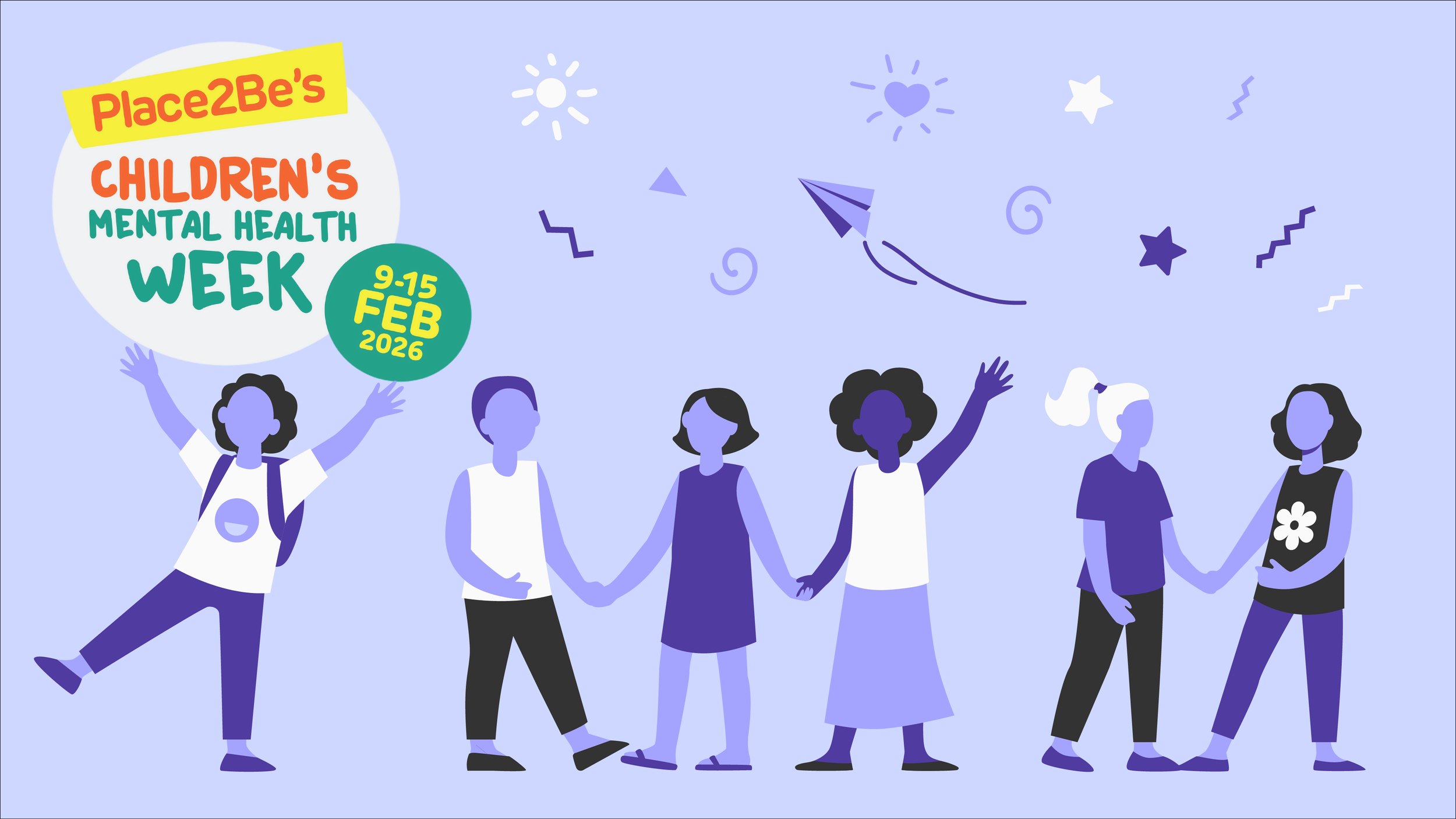
This Is My Place: Finding Belonging in Schools, Homes and Communities
For many Neurodivergent children, belonging can feel confusing, distant, or out of reach long before they have the words to explain why. Emma explores how early experiences of difference and exclusion shape a child’s sense of self — and why understanding, acceptance, and the right support can help them grow up feeling secure in who they are.

Celebrating and honouring body mind diversity
Reflecting on Neurodiversity Pride Day and Pride Week, Kay Louise Aldred, reflects upon how pride in diversity and embracing differences within a community can contribute towards something greater than the sum of it’s parts.
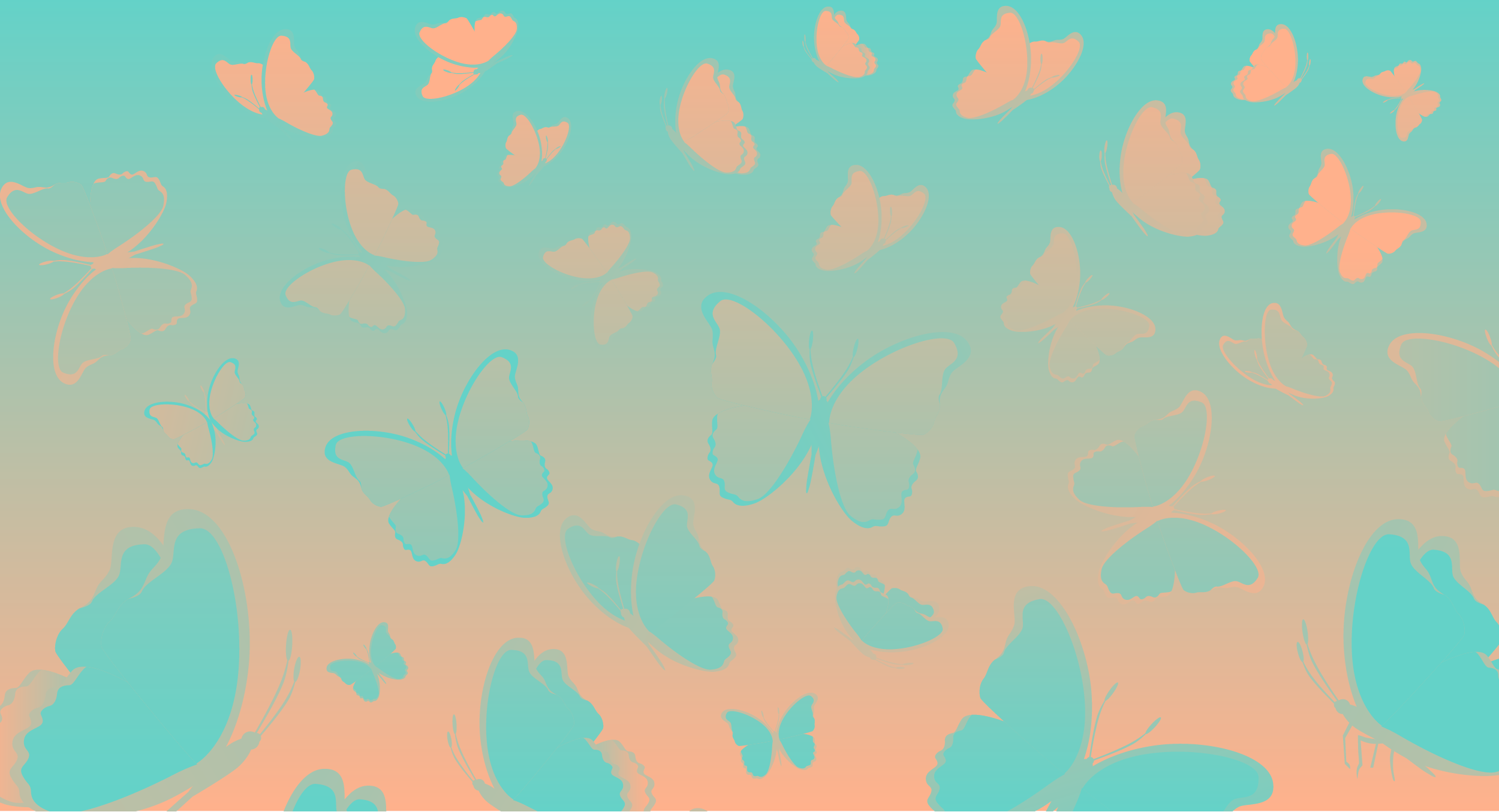
Neurodivergence, Trauma and Recovery (Part 3/3) — Connecting Back to Community
In this three-part series, NdC Development Lead Kay Aldred examines the complex entanglement of Neurodivergence and trauma, and the implications this has for the concept of “recovery”. In this third and final part, Kay explores how connecting to community can play a part in recovery from trauma.
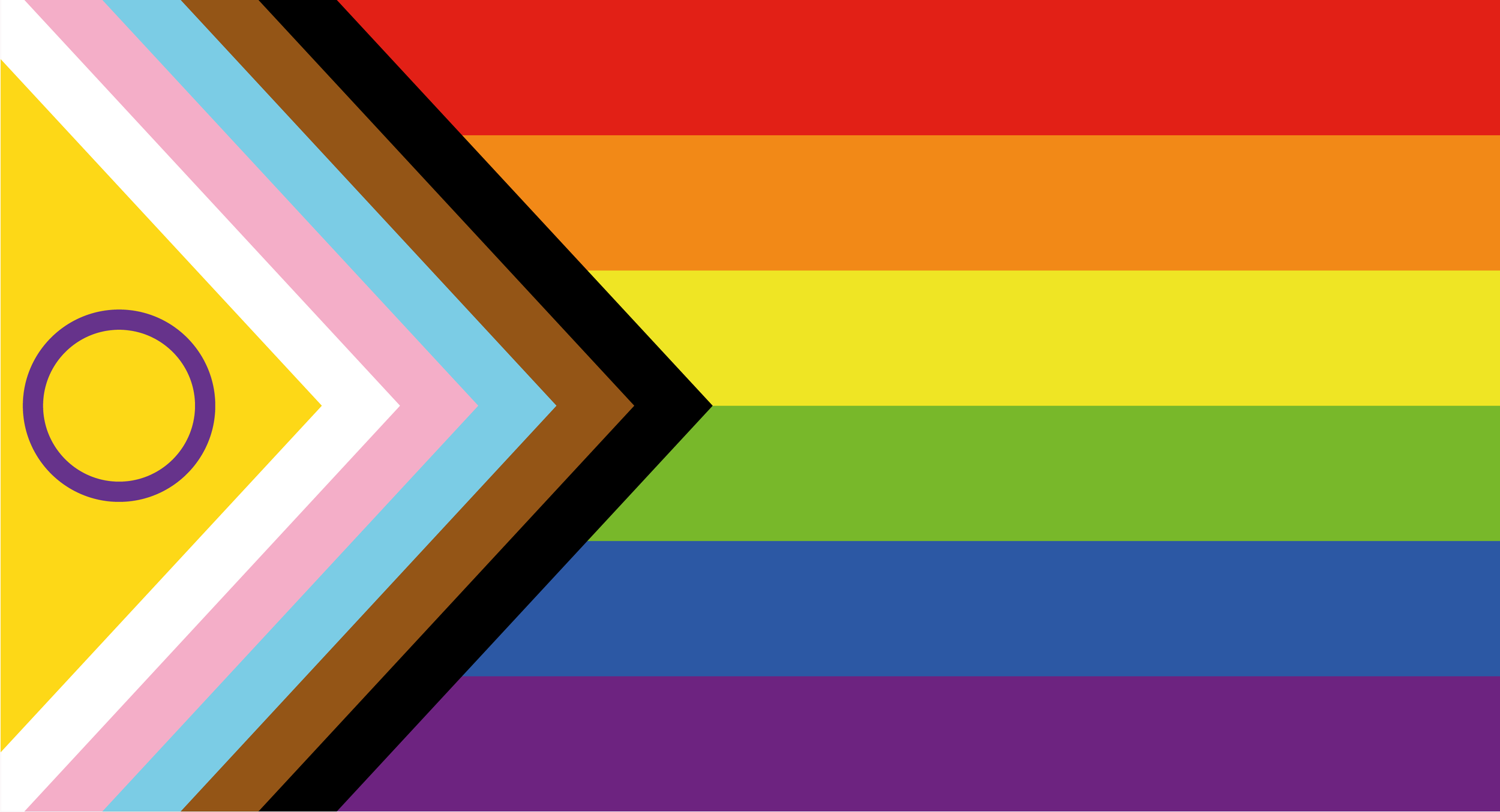
United We Stand: A Queer Neurodivergent Rally Cry
El Dewar sets out Neurodiverse Connections statement of support for the LGBTQIA+ community.

Beyond Acceptance: Autistic Joy Roundtable
This our first NDC in Conversation, a new long-form blog + video format where we bring together diverse voices from the Neurodivergent community to discuss key topics. You can also watch the the full video of this discussion. For this inaugural discussion, held to mark Autism Acceptance/Awareness Month, El Dewar is joined by Kay Aldred, Adam Fare and Charli Clements to discuss Autistic Joy.

Beyond Acceptance: a rallying cry for Neurodivergent liberation
For Autism Acceptance Week 2024, we are answering with content around the theme of ‘Beyond Acceptance’. To launch this work, El Dewar has written a rallying cry to demand true Autistic liberation and representation, beyond just being accepted.
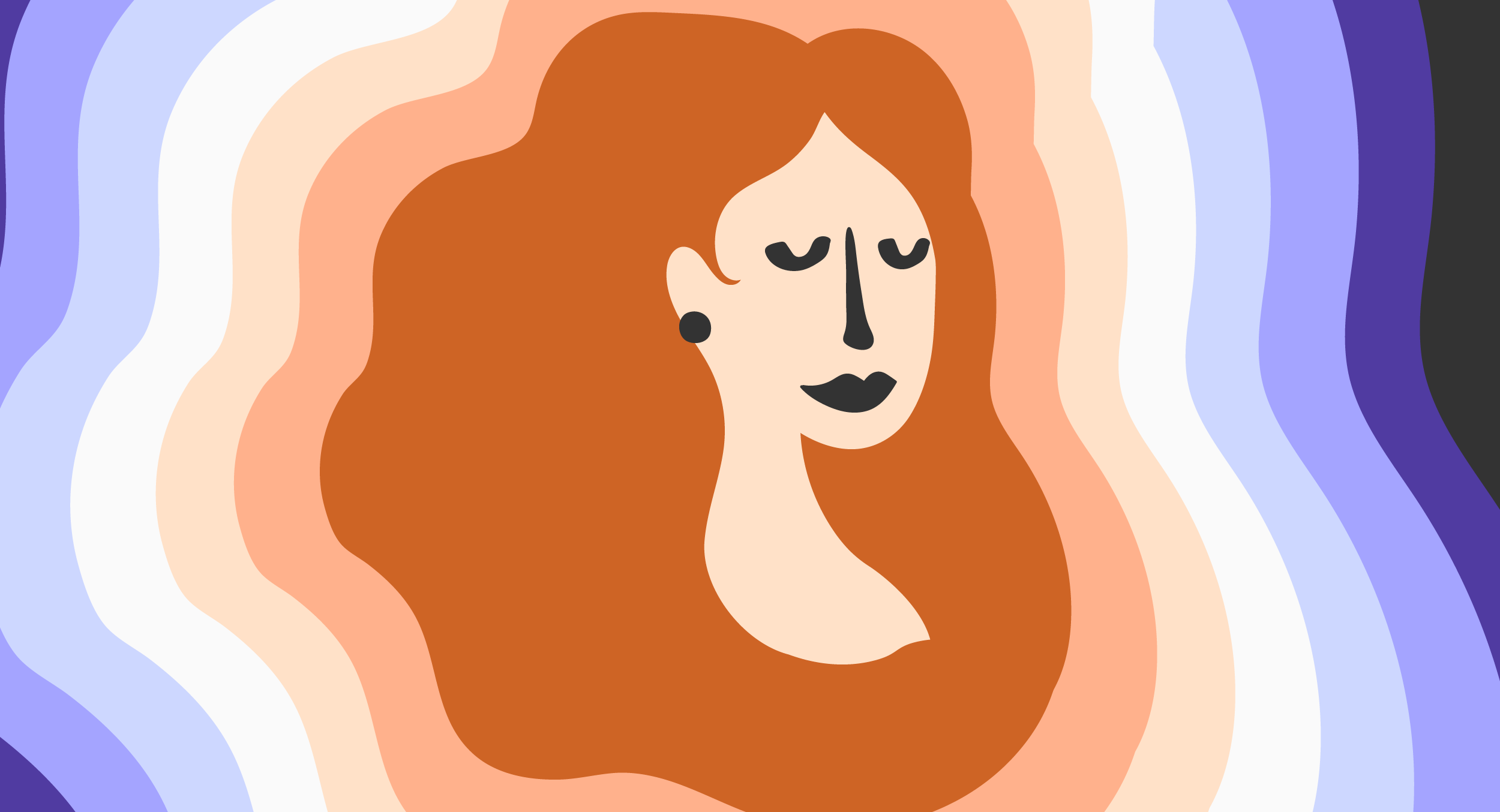
Neurodivergent belonging: a manifesto
Krysia Waldock examines belonging as a basic need, how the marginalisation of Neurodivergent people can make it harder to feel more than merely ‘present’ in a space, and how we can better foster a sense of belonging for Neurodivergent individuals.
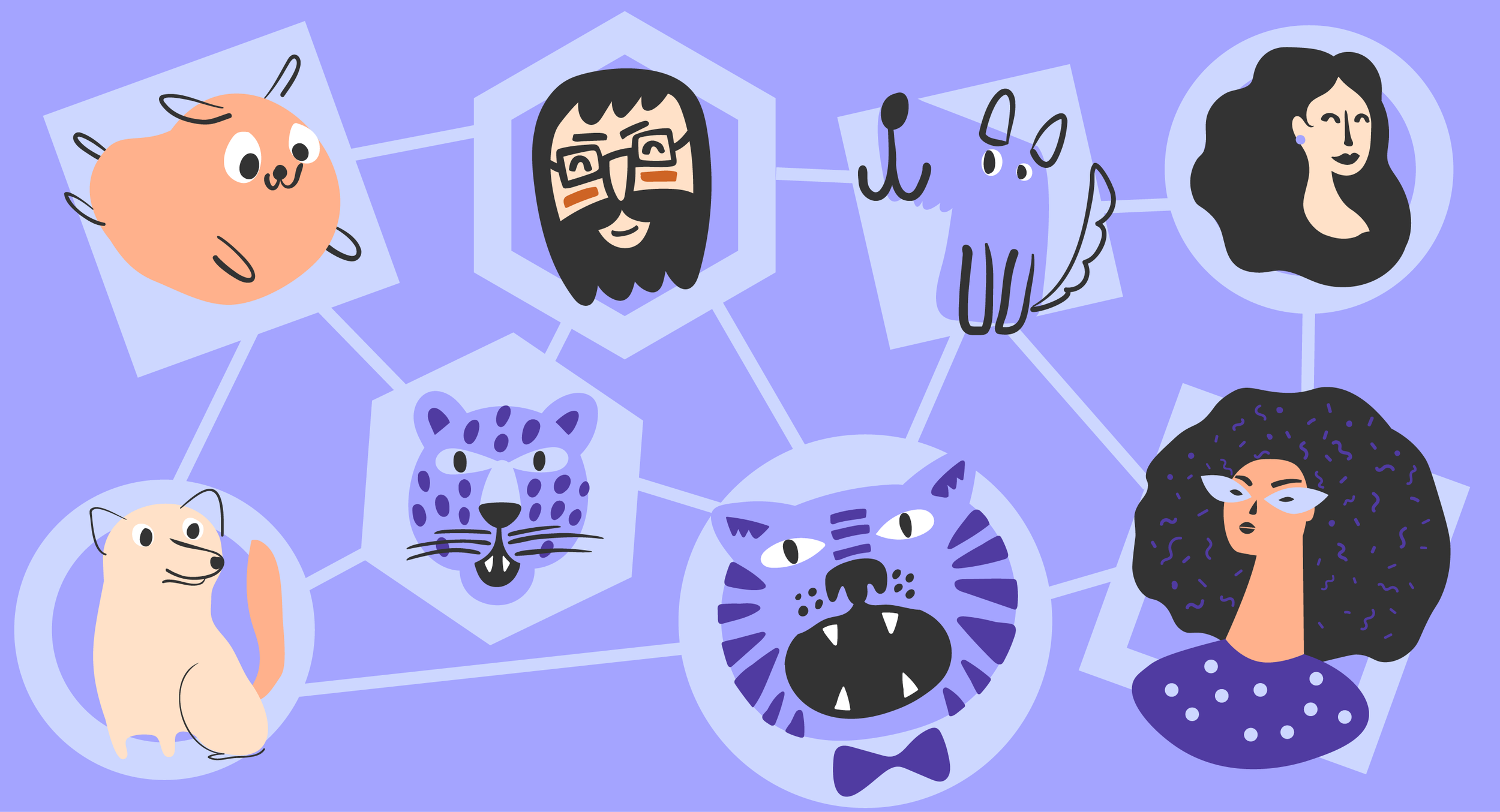
The importance of online Autistic communities for a positive Autistic identity
A Q&A with guest contributor Claire about the benefits of engaging with Autistic communities online.
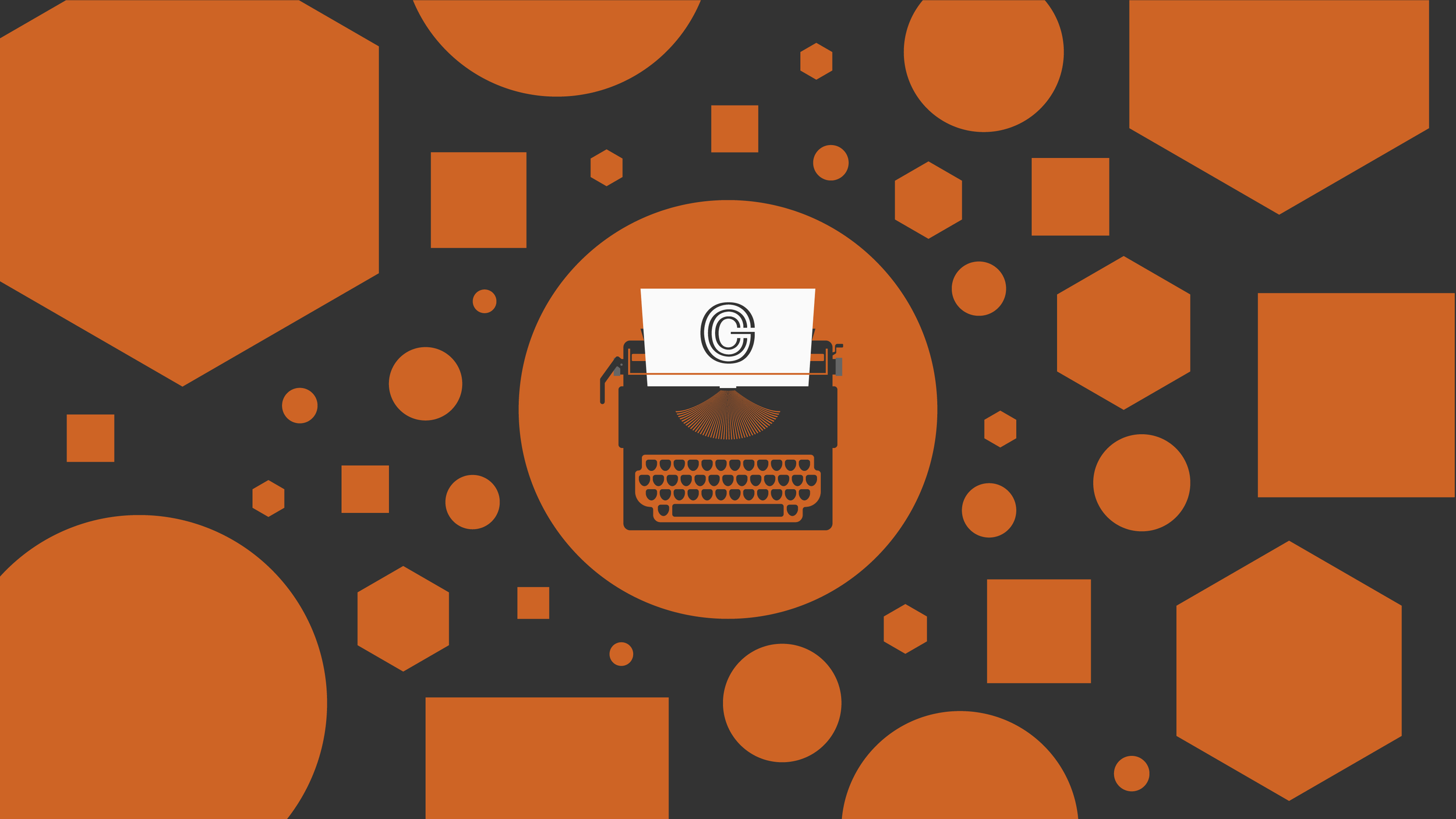
Autistic, Black and Female: developing healthy friendships safeguarded me from grooming & exploitation
Kay Louise Aldred highlights the sexist expectations and stereotypes that compound the marginalisation of Autistic girls and women, increasing their vulnerability to grooming and coercive and controlling behaviour.

I’ve been easy ‘prey’ as an autistic girl and woman
Kay Louise Aldred highlights the sexist expectations and stereotypes that compound the marginalisation of Autistic girls and women, increasing their vulnerability to grooming and coercive and controlling behaviour.
- ABA
- abuse
- accessible
- ADHD
- adults
- advocacy
- affirming
- aging
- assessment
- autism
- autistic parents
- black autistic
- building design
- burnout
- childhood
- children
- co production
- coercive control
- communication
- community
- culture
- depression
- Designing Homes for Sensory Differences Summit 2024
- diagnosis
- disability
- dyslexia
- eating disorders
- education
- empathy
- employment
- environment
- ethics
- executive functioning
- family
- friendships
- GCC Summit 2023
- gender
- grooming
- guidance
- health
- healthcare
- holiday
- housing
- human rights
- identity
- inclusion
- inpatient
- intersectionality
- joy
- language
- late diagnosed
- learning disability
- LGBTQIA+
- lived experience
- masking
- medicalisation
- meltdown
- mental health
- monotropism
- mothers
- nervous system
- newly diagnosed
- NHS
- OCD
- online
- pain
- parents
- PBS
- peer support
- play
- psychiatric care
- quality of life
- race
- racism
- reasonable adjustments
- relationships
- research
- resources
- routine
- school
- self diagnosis
- self regulation
- sensory environment
- sensory overwhelm
- sensory processing
- services
- sexism
- special interests
- spirituality
- stimming
- stress
- suicide
- support
- therapy
- training
- trauma
- trauma-informed
- women
- workplace
- young people
Got something to say?
We commission blogs from neurodivergent writers. We are particularly keen to hear from people of colour, older people, and non-speaking members of our community. Help us in our mission to amplify the views and voices that are most often left unseen and unheard.


